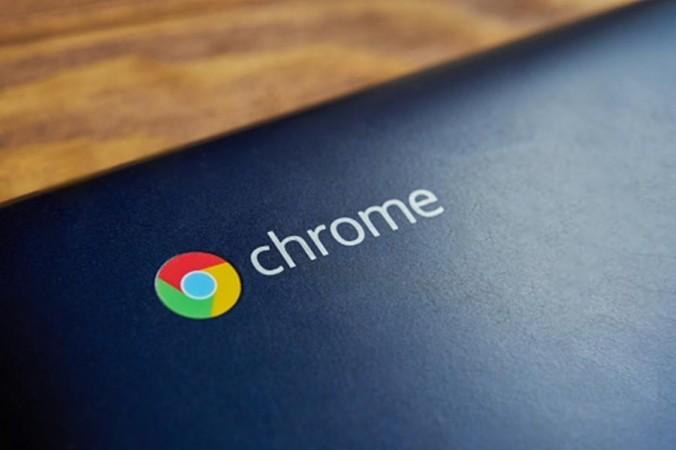
Google is set to face a class-action lawsuit in the United States over allegations of unauthorized data collection via its Chrome browser. The lawsuit, originally filed in 2020, accuses Google of collecting data from Chrome users, irrespective of whether they enabled Chrome sync or not. The case was initially dismissed in December 2022, but a federal appeals court in California has now reversed that decision, breathing new life into the lawsuit.
The plaintiffs in the lawsuit claim that Chrome intentionally and unlawfully sent Google browsing history, IP addresses, persistent cookie identifiers, and unique browser identifiers without their explicit permission. The court ruling stated that the district court should have reviewed the terms of Google's various disclosures and decided whether a reasonable user reading them would think that he or she was consenting to the data collection.
The lawsuit alleges that Google's focus on browser agnosticism instead of conducting the reasonable person inquiry led to the district court failing to apply the correct standard. A Google spokesperson, however, disagreed with the ruling, stating that the company had a general privacy disclosure and promoted Chrome by suggesting that certain information would not be sent to Google unless a user turned on sync. The spokesperson further added that they were confident the facts of the case were on their side and that Chrome Sync helps people use Chrome seamlessly across their different devices and has clear privacy controls.

The plaintiffs, in their complaint, argued that based on the terms of Google's Chrome Privacy Notice, their choice not to sync Chrome with their Google accounts meant that certain personal information would not be collected and used by Google. The district court had previously held that Google successfully proved that Plaintiffs consented to its data collection.
This lawsuit is not the first of its kind. In the past, Google has faced similar legal challenges over its data collection practices. For instance, in 2012, Google agreed to pay a $22.5 million fine to settle charges by the Federal Trade Commission that it misrepresented to users of Apple Inc's Safari Internet browser that it would not place tracking cookies or serve targeted ads to those users.
Google agreed to pay a $17 million settlement to 37 states and the District of Columbia in a case involving tracking cookies. The states alleged that Google circumvented the privacy settings of customers using Apple's Safari browser by placing cookies on their computers.

The current lawsuit against Google is a reminder of the ongoing debate about privacy and data collection by tech giants. As more and more of our lives move online, the question of who has access to our data and what they can do with it becomes increasingly important. This case could potentially set a precedent for future lawsuits and regulations regarding data privacy and collection.
Lawsuit against Google is a significant development in the ongoing debate about data privacy. The outcome of this case could have far-reaching implications for how tech companies collect and use our data. As the case progresses, it will be interesting to see how the court balances the need for data collection to provide personalized services with the privacy rights of users. This case serves as a reminder of the importance of transparency and user consent in data collection practices









!['Had denied Housefull franchise as they wanted me to wear a bikini': Tia Bajpai on turning down bold scripts [Exclusive]](https://data1.ibtimes.co.in/en/full/806605/had-denied-housefull-franchise-they-wanted-me-wear-bikini-tia-bajpai-turning-down-bold.png?w=220&h=138)



